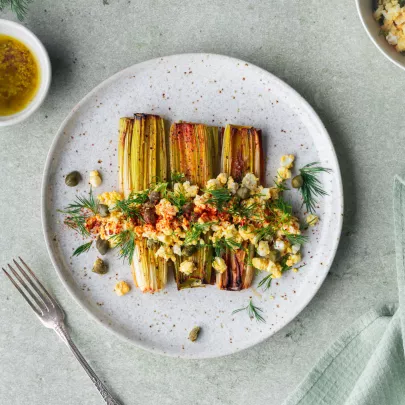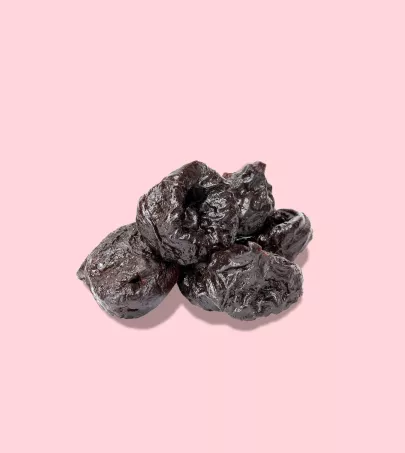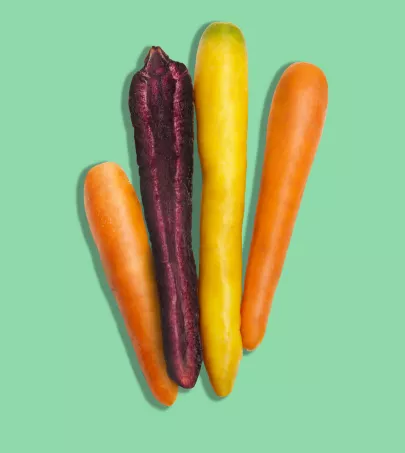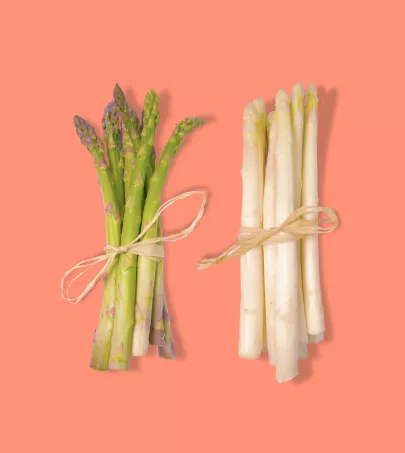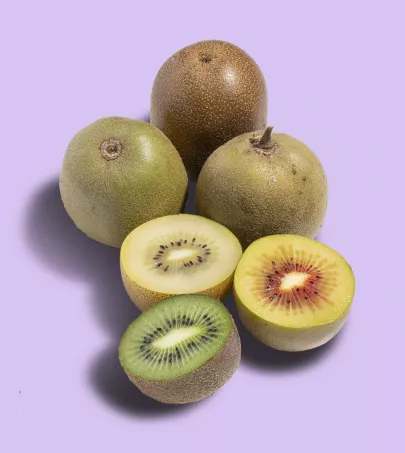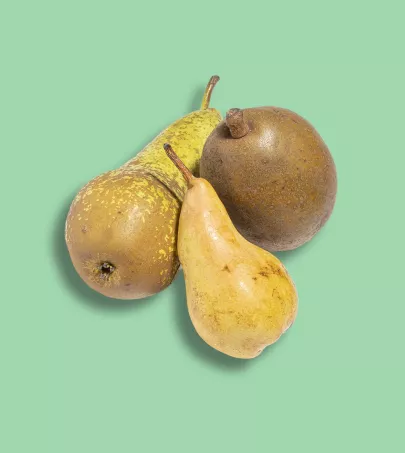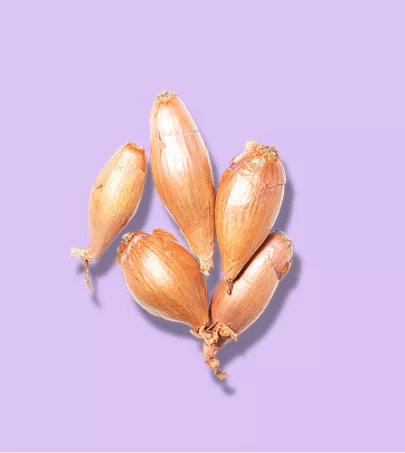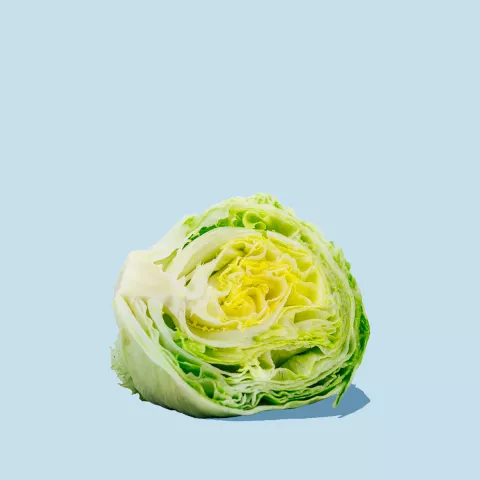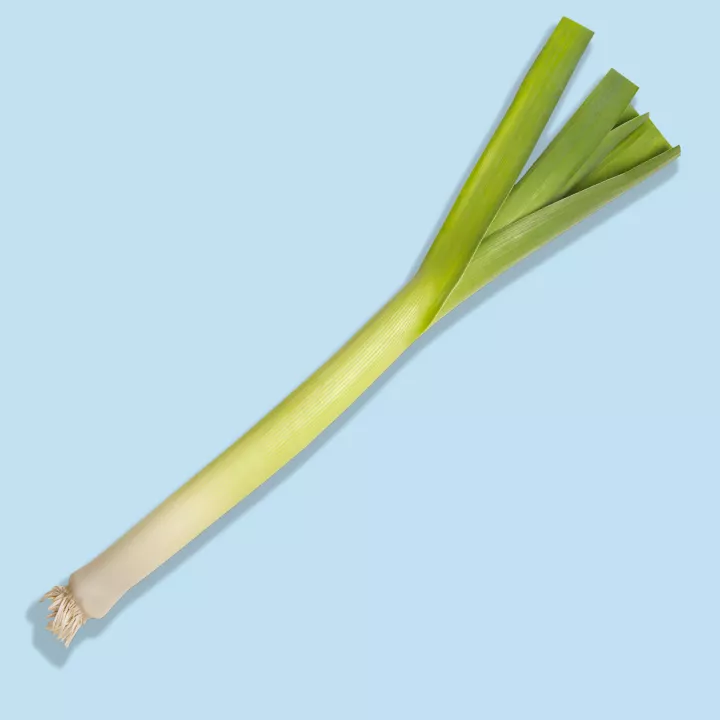
The large white underground section of the leek is topped with dense, green leaves. Remind you of anything? The scallion, of course! And this is no coincidence! They both belong to the allium family. Hence their bold flavors and year-round uses in many characterful preparations!
What you need to know
The origins of the leek remain unclear. Its birthplace is thought to be the Middle East. But what we do know is that this vegetable was already a talking point among the ancient Egyptians and the Romans, especially for its curative properties. In the Middle Ages it was used in a very popular soup whose name porry was derived from the Latin porrum, and reminiscent of the French term poireau. These days, the leek is one of the emblems of French cuisine, starting with the famous "leeks-vinaigrette". And this comes as no surprise given its year-round availability in many seasonal varieties:
-
Early (May to July)
-
Summer: Monstrueux d’Elbeuf, Carentan, Electra, Acadia, Gros court d’été, Gros long d’été, Malabar, Early Giant and the like.
-
Fall: Jaune Gros du Poitou, Autumn Giant and the like.
-
Winter: Winter Giant, Bleu de Solaise, Mézières Long, Saint-Victor, Créances (PGI) and the like.
Characteristics
Look
Touch
Taste
Nutritional benefits
Very rich in fibers and mineral salts, leeks are also brimming with antioxidant carotenes and vitamins.
Editor's note
How to use
Storage
While early leeks keep for up to one week in the refrigerator, the other varieties can keep for over one month.
preparation
After carefully washing with clean water to remove all traces of soil, the outer layer of the leek should be removed.
uses
Leeks can be served in many ways: cold in salads or vinaigrettes, or hot in soups, gratins, pies, pan-fried with fish, as an aromatic garnish, or in a bouquet garni with their green leaves.
Pair with
With potatoes, turnips, onions, parsley, vinegar, bacon, Comté cheese… And a Cheverny or Saint-Romain white wine.


